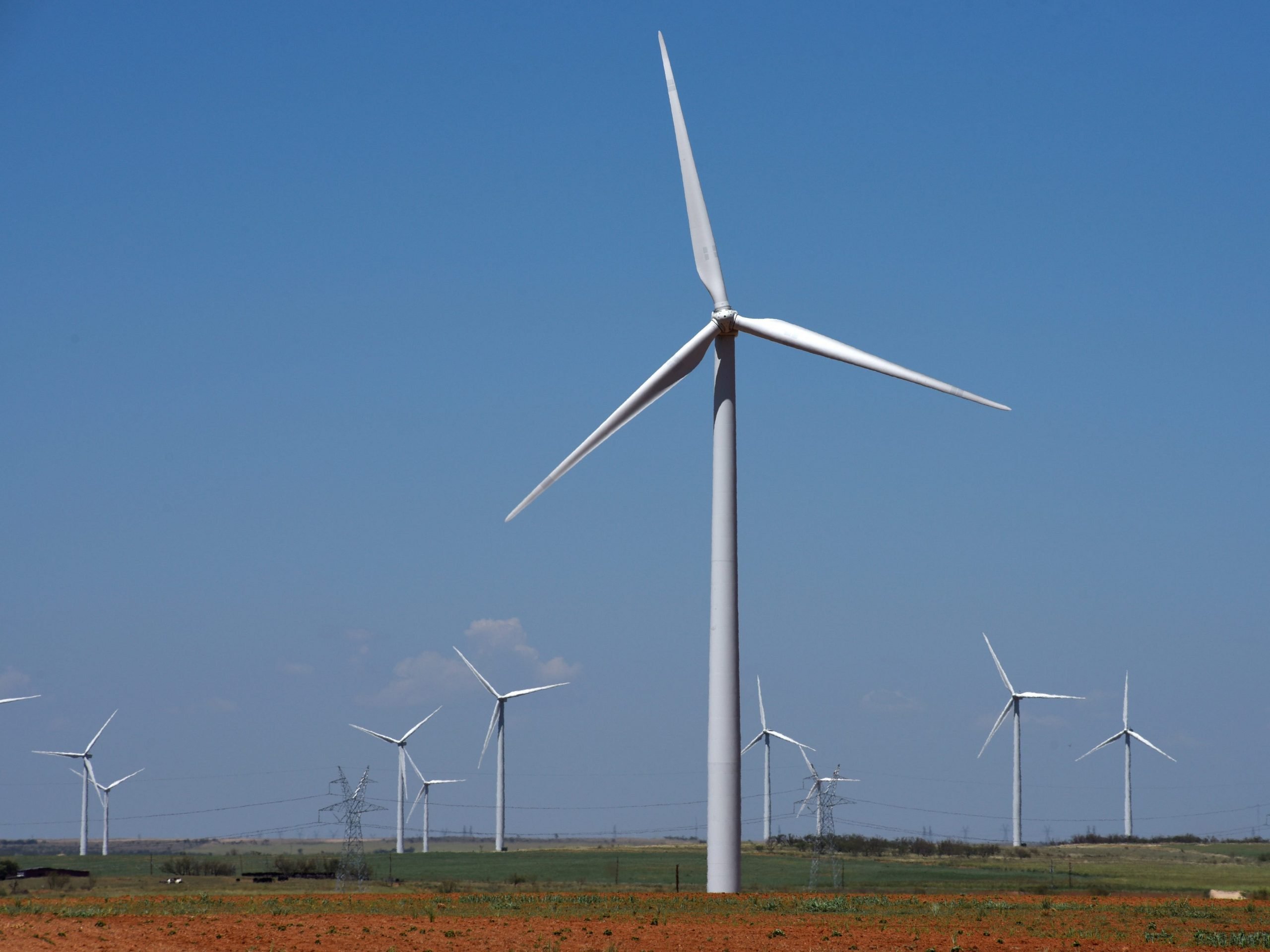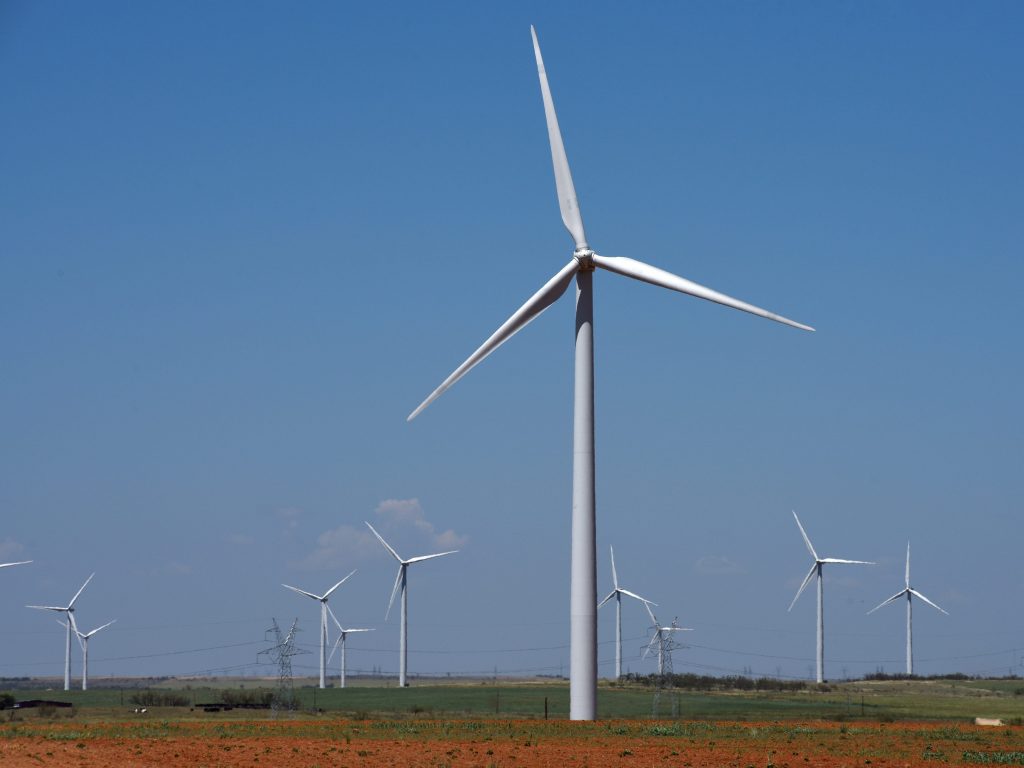
Nick Oxford/Reuters
- Texas has been slowly shifting away from oil and gas, but their economy is still outperforming.
- The Dallas Fed said in the long-term, renewable energy won't stunt economic growth.
- Texas could be a model for what the whole US economy could look like as it shifts to green energy.
President Joe Biden campaigned on fighting the climate crisis by reducing carbon emissions and turning the country to greener energy sources. And Texas could show how, amid those changes, the US economy will be just fine.
Dallas Federal Reserve economists Christopher Slijk and Keith R. Phillips recently released a report examining the impact a decline in the state's oil and gas sectors would have on its economy. Texas has deep ties to the oil and gas industries and emits more carbon dioxide gas than any state in the US, according to the Dallas Fed, but even as its prominence in the sectors shifted over the years, the long-term economic impacts on the state were relatively insignificant.
And now, even as Texas is shifting more toward wind and solar energy, increasing from 8% to 25% over the past decade, "the state economy continued to outperform the nation" as oil and gas production declined.
"This experience suggests that the relative strength of the Texas economy could persist in coming decades even if the upstream oil and gas sector experiences a long-term decline due to the energy transition," the economists wrote.
Here are three reasons why Texas shows the US economy will be fine as it shifts to greener energy:
- Texas is already the biggest state for wind energy. Texas now has over 150 wind farms, and according to the Electric Reliability Council of Texas, wind power accounted for at least 15.7% of the electricity generated in 2017. Despite the decline of oil and gas, Texas has continued to be a leader in energy production and has presented attractive employment opportunities. As the Fed economists wrote, "a gradual transition to renewables is unlikely to alter the state's long-term trajectory."
- History shows Texas' economy has been outperforming, despite with the rise of wind and solar energy and the decline of oil and gas. Oil and gas' shares of the Texas economy has only gone down since its 1980 peak. At that time, more than 15% of the state's gross domestic product (GDP) and nearly 5% of state employment were due to the oil and gas sectors. Even the 2014 rise of fracking - a process that involves drilling into the earth to extract oil and gas - didn't cause a huge spike in demand.
- Different uses for oil and gas will still provide jobs. Even with full decarbonization, Texas has shown there is still use for oil and gas to be used in chemical manufacturing, which has helped boost employment in the sector.
Texas Gov. Greb Abbott, however, has been a proponent of the fossil fuel industry. After a winter storm in February shut down the state's power grid, Abbott blamed frozen wind turbines, telling Fox News' Sean Hannity that the green energy "thrust Texas into a situation where it was lacking power on a statewide basis. It just shows that fossil fuel is necessary." However, the Texas energy department said outages were due to failure to invest in power sources that can withstand the cold, including fossil fuel infrastructure.
In Washington, Biden is pushing for Democrats' $3.5 trillion social-spending bill to be passed, including investments to combat the climate crisis. However, centrist Democrat West Virginia Sen. Joe Manchin opposes the clean energy proposals in the bill and could put those provisions on the chopping block.
The United Nations in August released a harrowing report saying some of global warming's effects will be "irreversible for centuries to millennia," emphasizing how there's no time to wait when it comes to addressing climate change - in Texas or anywhere else.
